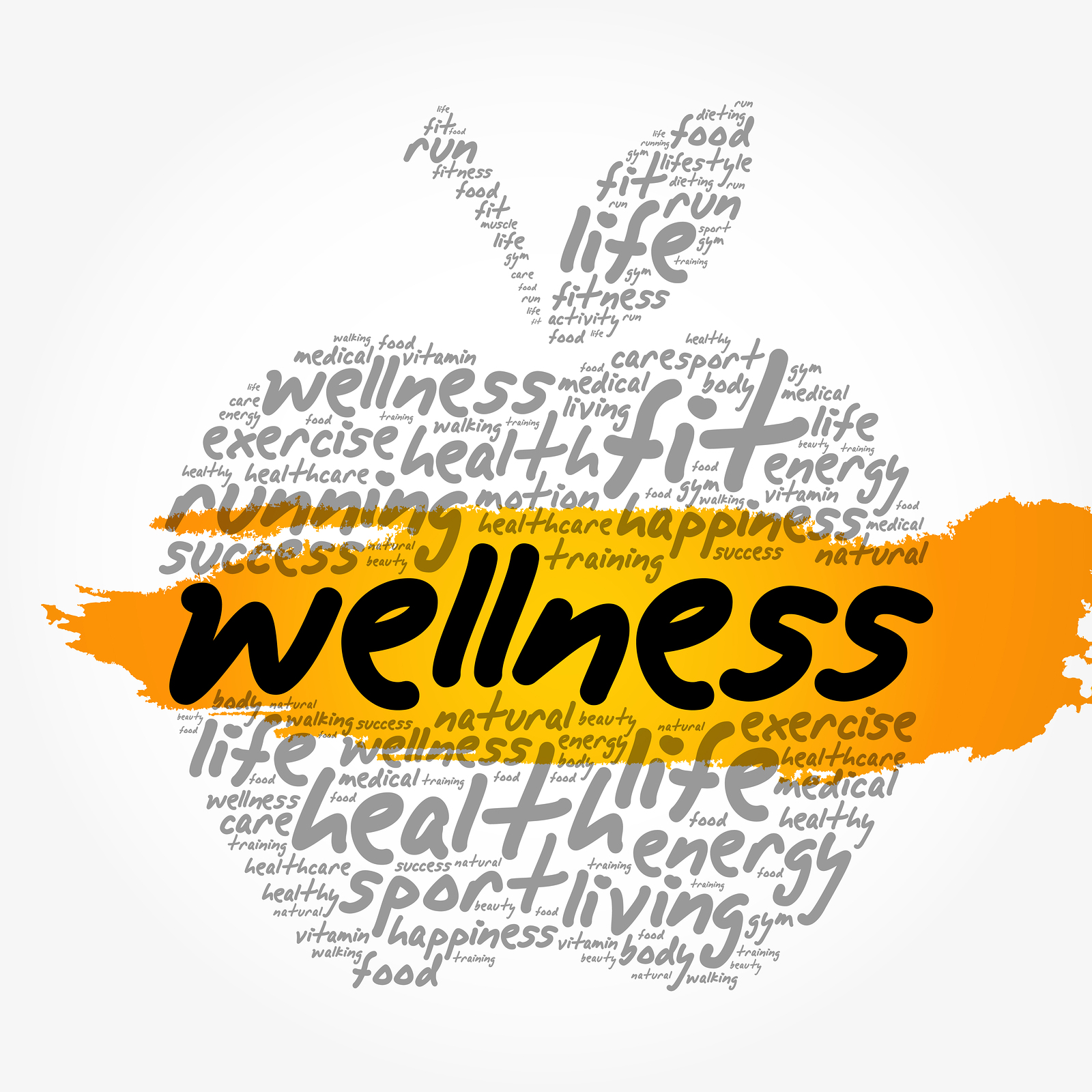
As the coronavirus pandemic brings healthcare to the forefront of America’s mind, HR professionals are considering the importance of benefits packages more than ever. Benefits are crucial to attracting and retaining good employees, even when there’s not a global pandemic — according to national studies, 49% of employees report they would seek out new jobs due to dissatisfaction with benefits, and 78% say benefits packages keep them from looking elsewhere. If you’re an HR professional evaluating your own benefit offerings, you’re likely coming across one puzzling obstacle over and over again: “wasted” benefits.
Wasted benefits are ones that employers pay for, but their employees simply don’t use. Recently, even cornerstone benefits like health insurance are falling into the category. Insurance companies’ profits are skyrocketing as the amount they have to shell out to cover patient procedures falls. Just look at UnitedHealth Group Inc.: the parent to America’s largest health insurer reported net income of $6.64 billion in the second quarter of 2020, compared with $3.29 billion in the same period last year. That’s their most profitable quarter in history, made possible by your employees’ wasted benefits.
Dental benefits are the most likely to go unused. According to the ADA, over ⅓ of adults 19 – 64 with private dental benefits don’t have a single dental claim per year. And that was before Covid! Additionally, for 69% of adults, the total money spent on dental care including premiums actually exceeds the “market” value of their dental care. These statistics illustrate just how raw a deal dental insurance can be for employers and employees alike.
But are there alternatives to standard dental insurance? As with anything else, when there is a gap in the healthcare marketplace, companies will create competitive solutions to fill it. That’s why I helped found Smylen, a new type of dental plan designed to eliminate barriers to going to the dentist by making booking easy and letting customers shop around for best upfront prices. Some insurers like Aetna, Cigna, and Humana offer a dental savings plan as an alternative to insurance. There are even companies like Kleer that cater to dental practices, helping them set up membership programs for their patients as an alternative to insurance. Or Floss Bar, which brings dentists to your office to boost employee care (though this poses difficulties since COVID!)
In response to COVID-19, insurers are waiving fees for certain kinds of care to help quell the pandemic, which may begin to even out their enormous profit margins and encourage more people to seek care. However, dental care is not likely to be part of these changes, which cater more to PCP telemedicine or COVID-related hospital stays. So for HR professionals looking to provide their employees with the best benefits, ones they’ll actually use, dental insurance continues to be a black hole that feeds insurer’s pockets while going mostly unused by employees.
About the Author
Dr. Derek Giddon, D.D.S. is the founder & CEO of Smylen, a new type of dental plan that removes the hassle of finding dental care. Derek was formerly a practicing dentist in Brooklyn and launched Smylen to build a better dental benefit. (www.Smylen.com)
